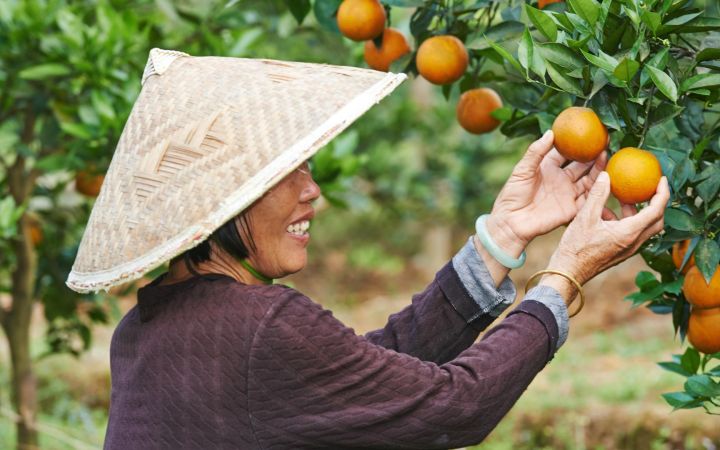The Marshall Liberal Government is committed to protecting the victims who experience domestic and family violence, by looking to review the laws in place that limit and prevent offences that could result in domestic abuse.
Attorney-General Vickie Chapman said one reform the Marshall Liberal Government is considering is coercive control.
Coercive control refers to patterns of abusive behaviour designed to exercise control over the other party to a relationship.
Examples include:
- Isolating a victim from friends, family and other support
- Making threats of physical harm
- Constantly monitoring a victim’s movements
- Controlling a victim’s finances
- Monitoring a victim’s communication
- Taking away a victim’s choices and making them feel like they don’t have a choice.
Last month, the NSW Attorney-General announced a Parliamentary Joint Select Committee to examine coercive control, and released a discussion paper on the subject.
Attorney General Vickie Chapman said she is keeping a close eye on what is happening in New South Wales, and has met with Human Services Minister Michelle Lensink, and Assistant Minister Carolyn Power on the matter.
“I look forward to reading the response to the New South Wales inquiry, and we are committed to reviewing their findings in detail so we can bring this matter to a conclusion in South Australia.
“Domestic violence is a complex issue, and one which South Australia already has significant laws in place to prevent.
“I also welcome and commend the Hon John Darley MLC on introducing Bills, in 2018 and 2020, on this important matter.”
Minister for Human Services Michelle Lensink said the Marshall Liberal Government has already committed record funding towards a suite of new DV measures.
“Ending all forms of violence is a priority,” said Minister Lensink.
Assistant Minister for Domestic and Family Violence Prevention Carolyn Power says it is important to look at the experiences of jurisdictions both nationally, and internationally.
“It’s clear that quality consultation, community engagement, education and skilling of service providers – to effectively support any legislative change in this complex area – would be vital,” Mrs Power said.
“When we shine a light on coercive control, we help the community to understand that behaviours that threaten safety, and emotional, verbal and technological abuse, are acts of domestic violence.”
Tasmania is currently the only Australian state or territory to have an offence relating to coercive control.
In South Australia, the Intervention Order Act 2009 assists in preventing domestic and non-domestic abuse. Under this act, the definition of abuse includes acts that constitute coercive control.
The current penalty for a breach is a maximum of $10,000 or two years imprisonment.
Further breaches can attract a penalty of up to $20,000 or four years imprisonment.








